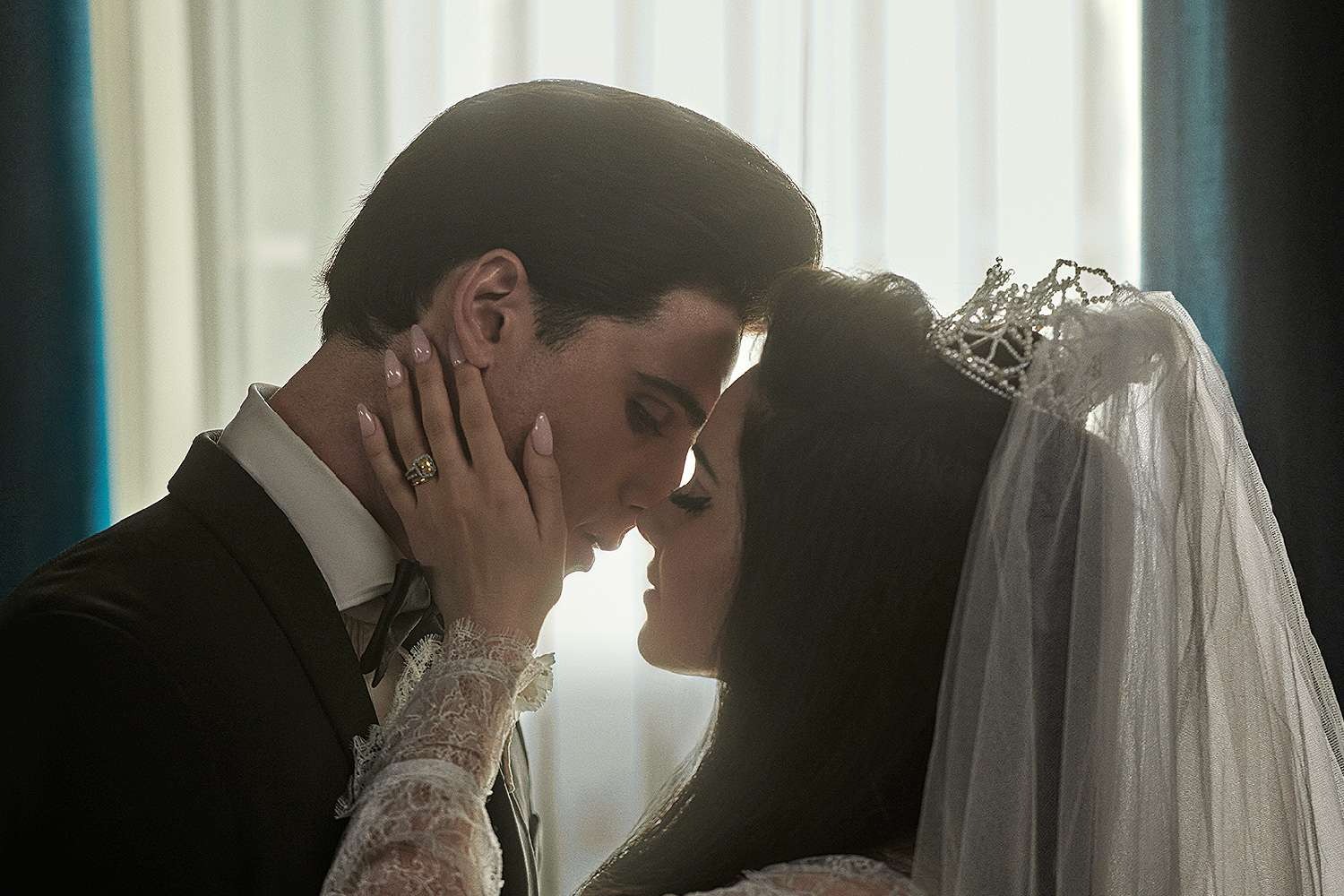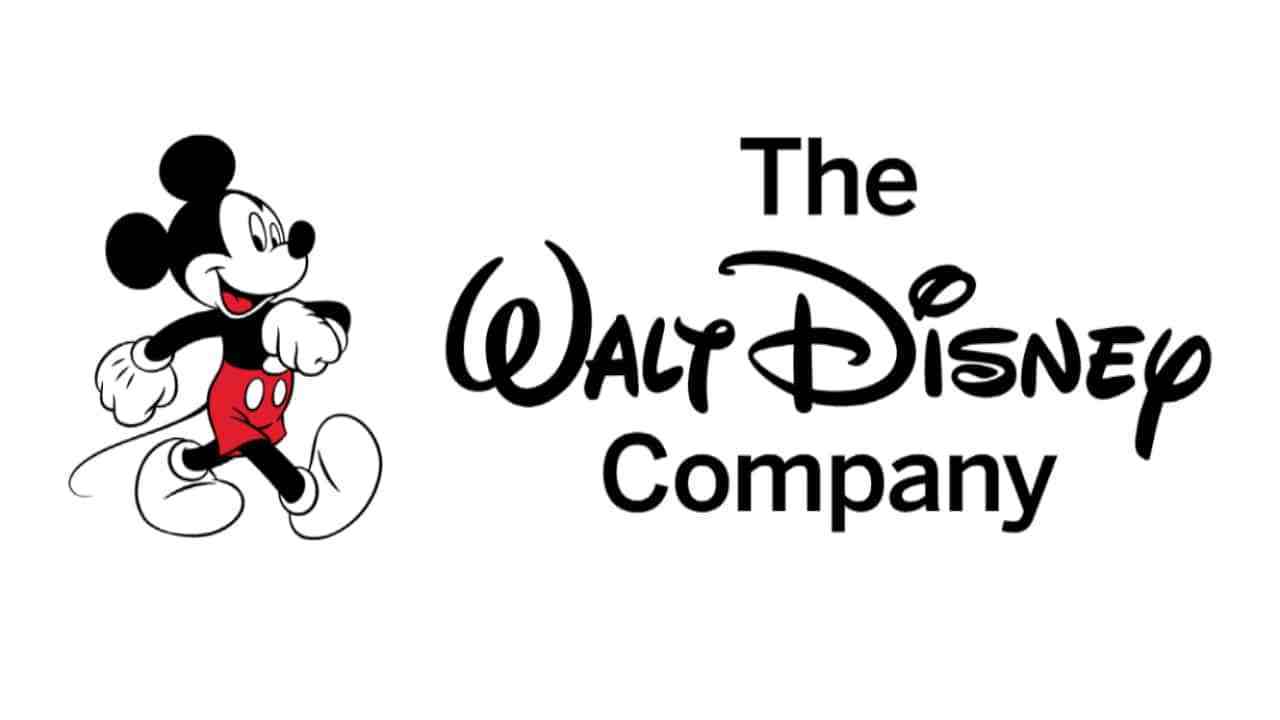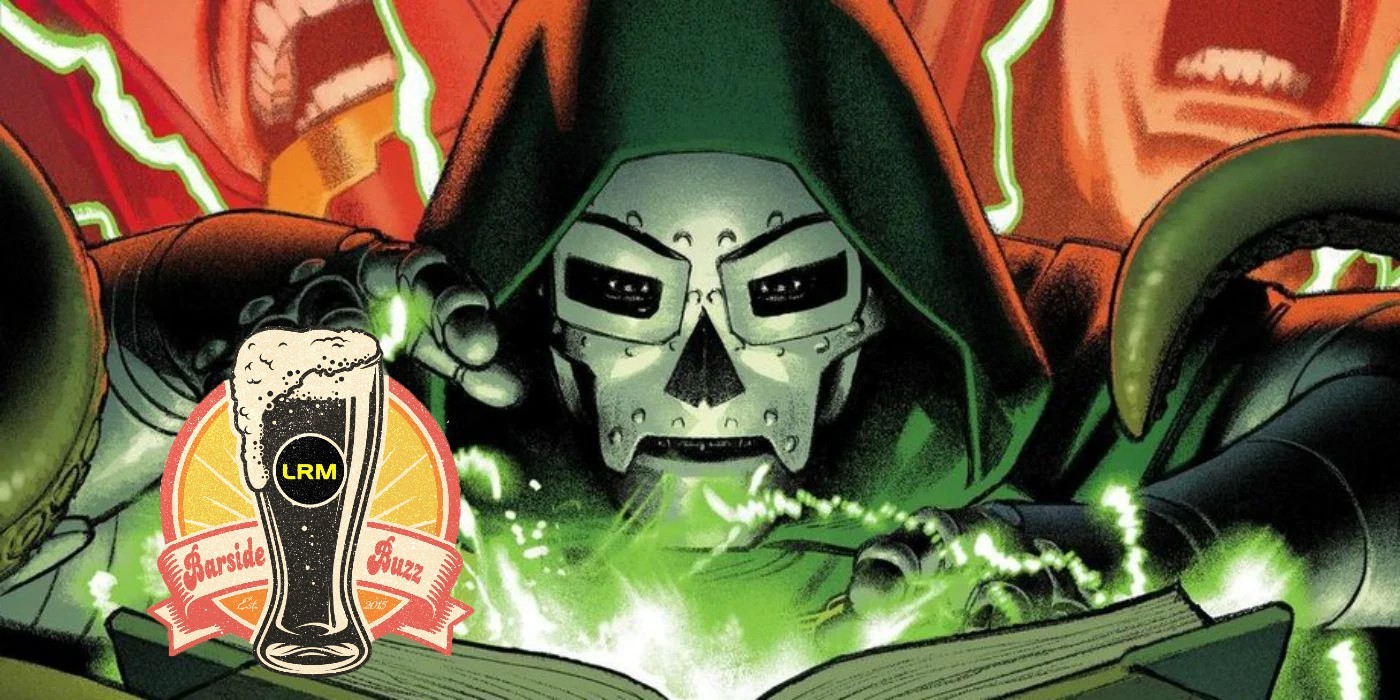Priscilla is the biographical story of a young woman discovering her own self-worth. Being a 14-year-old girl on an army base in 1959 Germany is very boring. So, when Priscilla Beaulieu (Cailee Spaeny) gets invited to a party at Elvis Presley’s (Jacob Elordi) house, she can barely contain her excitement. Her parents, not so much. Eventually they relent, and Priscilla ends up meeting—and impressing—the blossoming king of rock and roll. Elvis becomes smitten with the young Priscilla, and the two begin a quasi-relationship that grows over several years. But as Priscilla becomes swallowed up in Elvis’ turbulent and erratic world, she questions if it’s really the life she wants.
What works in Priscilla are the exceptional performances and the honest, but sympathetic examination of emotional power dynamics. Elordi’s Elvis feels grounded and human. He strikes the right balance of a charismatic star with deep love for Priscilla, making it easy to understand why she swoons for him. But in an instant, Elordi transforms Elvis into a petulant child using manipulation to bend and mold Priscilla to his will. It’s Spaeny, however who shines brightest presenting Priscilla as a strong woman who slowly peels back the layers of fantasy suffocating her. In her eyes, audiences can see Priscilla strategically assessing situations and conflicts, even at an early age. As she matures, those assessments turn to action, and Spaeny executes this evolution flawlessly. This is all due to the fantastic handling of the material by writer/director Sofia Coppola (Lost in Translation) who used Priscilla Presley’s memoir as direct inspiration.
RELATED: What to Watch This Weekend: Elvis
Audiences who may feel uncomfortable watching a celebrity groom a girl ten years his junior may find Priscilla difficult to sit through. Coppola takes a raw, but fair look at the Presleys’ relationship. In this portrayal she makes it very clear why Priscilla would be enamoured. But the film also highlights some very disconcerting situations and confrontations. To this end—and perhaps obviously—this often does not showcase Elvis in a positive light. It might be an extreme to call him a true “villain,” as he was empowered by an enabling culture of his era, but Priscilla highlights several of Elvis’ poor decisions when it came to the treatment of others.
Priscilla is an excellent portrayal of complicated people in a complex situation. Coppola presents the material deftly, making it engaging and accessible like a window into a private world. For anyone curious about these two icons, Priscilla comes highly recommended.
Recommended if you Enjoyed: Maestro, Elvis, Hidden Figures
Priscilla is now available to rent or purchase on most digital streaming platforms.
 FOR FANBOYS, BY FANBOYS
Have you checked out LRM Online’s official podcasts and videos on The Genreverse Podcast Network? Available on YouTube and all your favorite podcast apps, This multimedia empire includes The Daily CoG, Breaking Geek Radio: The Podcast, GeekScholars Movie News, Anime-Versal Review Podcast, and our Star Wars dedicated podcast The Cantina. Check it out by listening on all your favorite podcast apps, or watching on YouTube!
Subscribe on: Apple Podcasts | Spotify | SoundCloud | Stitcher | Google Play
FOR FANBOYS, BY FANBOYS
Have you checked out LRM Online’s official podcasts and videos on The Genreverse Podcast Network? Available on YouTube and all your favorite podcast apps, This multimedia empire includes The Daily CoG, Breaking Geek Radio: The Podcast, GeekScholars Movie News, Anime-Versal Review Podcast, and our Star Wars dedicated podcast The Cantina. Check it out by listening on all your favorite podcast apps, or watching on YouTube!
Subscribe on: Apple Podcasts | Spotify | SoundCloud | Stitcher | Google Play




